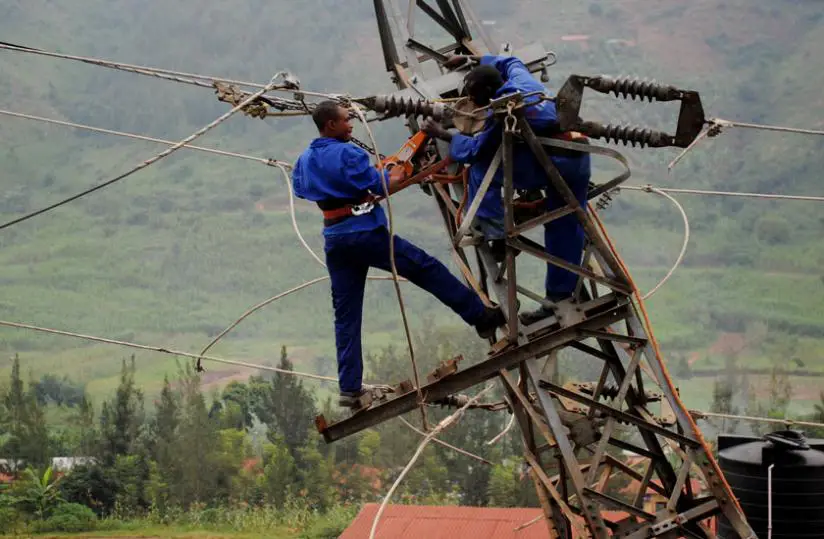Power generation in Uganda will nearly double in the next three years, Benon Mutambi, chief executive officer of the state-run Electricity Regulatory Authority (ERA) has announced.
The move comes following reforms by Uganda that has boosted investment by independent power producers and development group.
Benon Mutambi, says that the government has been working to improve the regulatory and policy environment aimed at luring investors. Once the projects in the pipeline have come online, Uganda will begin exporting power within the East African region.
Currently ,eight projects are under construction-privately and publicly-funded, aimed at expanding Uganda’s generation capacity to at least 1500 megawatts over the next three years from the current 850 MW.
The plants include Karuma and Isimba on River Nile, which are partly funded with loans from China’s export import (Exim) bank and are estimated to cost more than $2 billion.
Other six plants with a combined cost of $500 million, are mostly small renewable energy plants developed by independent producers with funding from Germany’s KfW and Britain’s DFID.
The bid to boost power generation in Uganda is aimed at enhancimng its quest for industrialization. In recent years, they have cut subsidies for consumers and introduced a tariff adjustment mechanism.
In January 2012, the Ugandan government abolished electricity subsidies for consumers, saying the cost was unsustainable. In the same year, regulators introduced a mechanism to allow quarterly reviews of end-user power tariffs based on changes in inflation, exchange rates and fuel prices.
In October this year, ERA allowed Umeme Ltd, the sole power distributor, to raise tariffs 17 percent for the fourth quarter after the local currency fell against the dollar.
“We did it at the time when the country was in the election fever,” Mutambi said, refering to next February’s presidential elections. “Not many countries would … increase electricity prices at this time.”
Uganda has been radical in taking radical and unpopular measures to keep the power sector which have in turn instilled confidence in the investor community.
